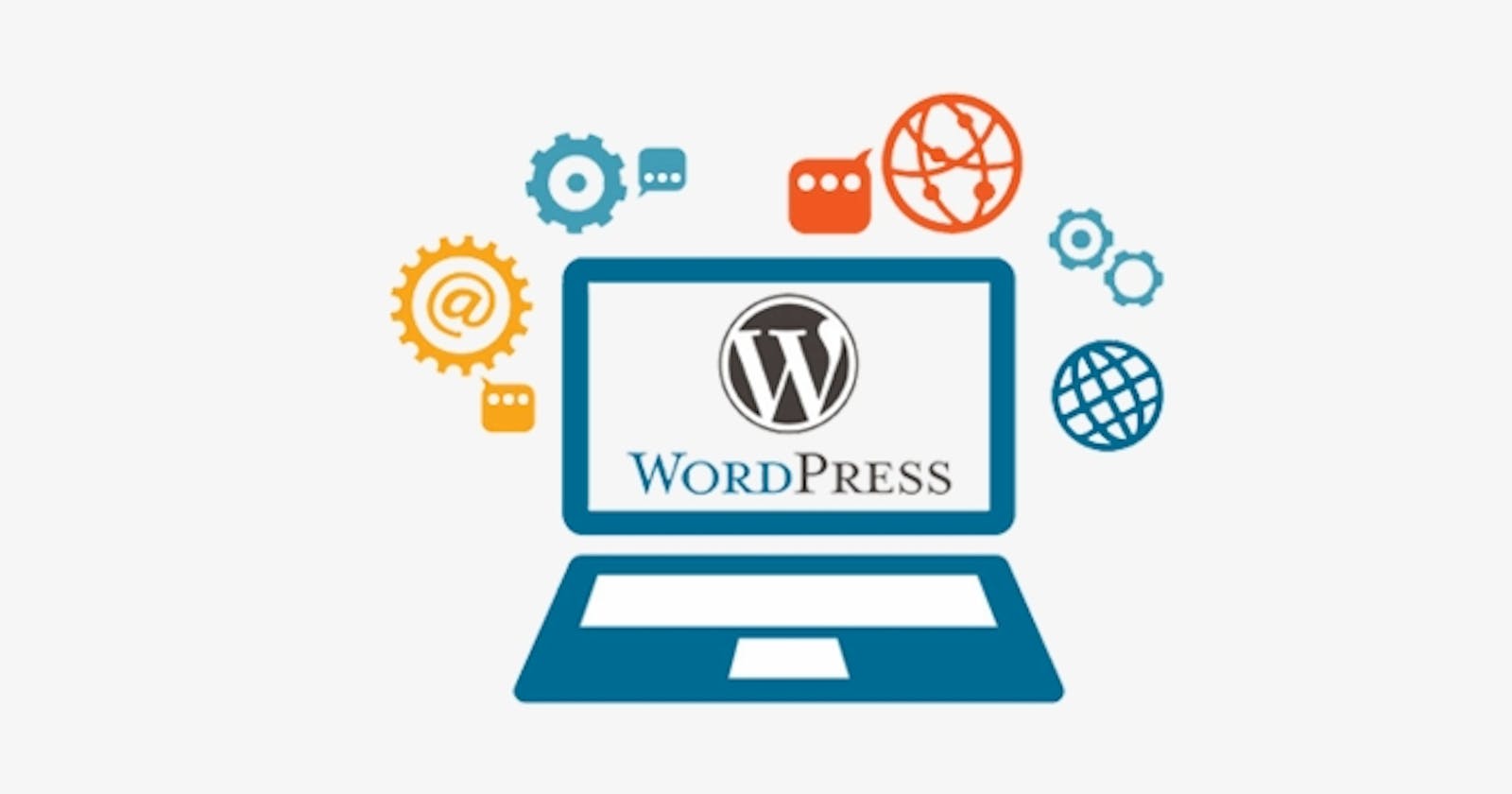Full-Stack WordPress Developer Roadmap
Mastering Front-End, Back-End, and WordPress Customization for Comprehensive Development Skills
Becoming a full-stack WordPress developer requires a combination of skills in web development, including both front-end and back-end technologies, as well as a deep understanding of the WordPress platform. Here's a roadmap to help you become a proficient full-stack WordPress developer:
1. Basic Web Development Skills:
HTML/CSS: Learn the basics of HTML and CSS as they form the foundation of web development.
JavaScript: Understand JavaScript fundamentals for interactive web development.
Responsive Design: Learn about responsive web design and frameworks like Bootstrap.
2. Front-end Development:
Advanced JavaScript: Dive deeper into JavaScript, focusing on ES6+ features.
CSS Preprocessors: Learn Sass or Less to write more maintainable and readable CSS code.
Front-end Frameworks: Master popular front-end libraries/frameworks like React.js or Vue.js.
Version Control Systems: Learn Git and GitHub for collaborative coding and version control.
3. WordPress Basics:
WordPress Installation: Set up a local development environment using tools like XAMPP or MAMP.
Understanding the CMS: Learn how to use WordPress as a content management system.
Themes and Templates: Understand the WordPress theme hierarchy and template system.
Plugins: Learn how to develop custom plugins to extend WordPress functionality.
4. Back-end Development:
PHP: WordPress is built on PHP, so have a strong grasp of the language.
Database Management: Learn MySQL for managing WordPress databases.
RESTful APIs: Understand how to create and consume RESTful APIs in WordPress.
5. Advanced WordPress Development:
Custom Themes: Develop custom WordPress themes from scratch using HTML, CSS, and PHP.
Custom Plugins: Create custom plugins to add specific features or functionalities to WordPress sites.
Security: Learn about WordPress security best practices and techniques.
Performance Optimization: Understand caching, minification, and other techniques to optimize WordPress websites.
6. Testing and Debugging:
Debugging Tools: Familiarize yourself with debugging tools like Xdebug for PHP.
Testing: Learn unit testing and integration testing for WordPress applications.
7. Version Control and Collaboration:
Git/GitHub: Master version control using Git and GitHub for collaborative development.
Code Reviews: Participate in and conduct code reviews to improve code quality.
8. Continuous Learning:
Stay Updated: WordPress and web technologies constantly evolve; keep learning about the latest trends and updates.
Community Involvement: Engage with the WordPress community, attend WordCamps, and participate in forums and discussions.
9. Soft Skills:
Communication: Develop good communication skills for interacting with clients and team members.
Problem-Solving: Enhance your problem-solving abilities, a crucial skill in development.
10. Optional Skills:
SEO: Learn about SEO best practices and how they apply to WordPress websites.
UI/UX Design: Basic understanding of user interface and user experience design principles.
Remember that becoming proficient in WordPress development takes time and continuous practice. Work on projects, contribute to open-source and never stop learning to stay ahead in the rapidly changing web development landscape.
